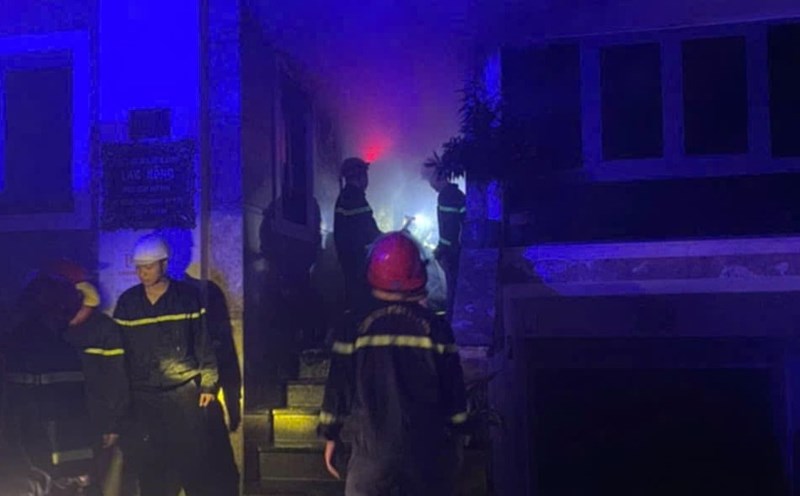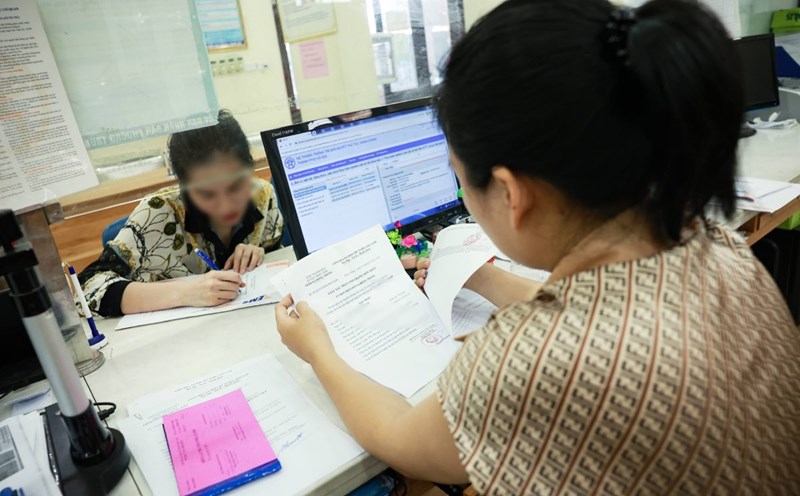Rice Doctor Treats Depression
In the early 80s, Professor Vo Tong Xuan was selected as a member of the Board of Trusts of the International Rice Research Institute - IRRI (Philippines) and here, the scientist known as "Rice Doctor" began his journey to help American journalists successfully treat depression. Among the scientists Professor Xuan regularly contacts at IRRI is Dr. Thomas Hargrove (also known as Tom) - Director of Publishing House of IRRI. When he learned that Professor Xuan was working at Can Tho University in the Mekong Delta, Mr. Tom prioritized many books and occasionally invited him to visit his house. During the conversations, Professor Xuan learned that Mr. Tom had been to Vietnam during the war.
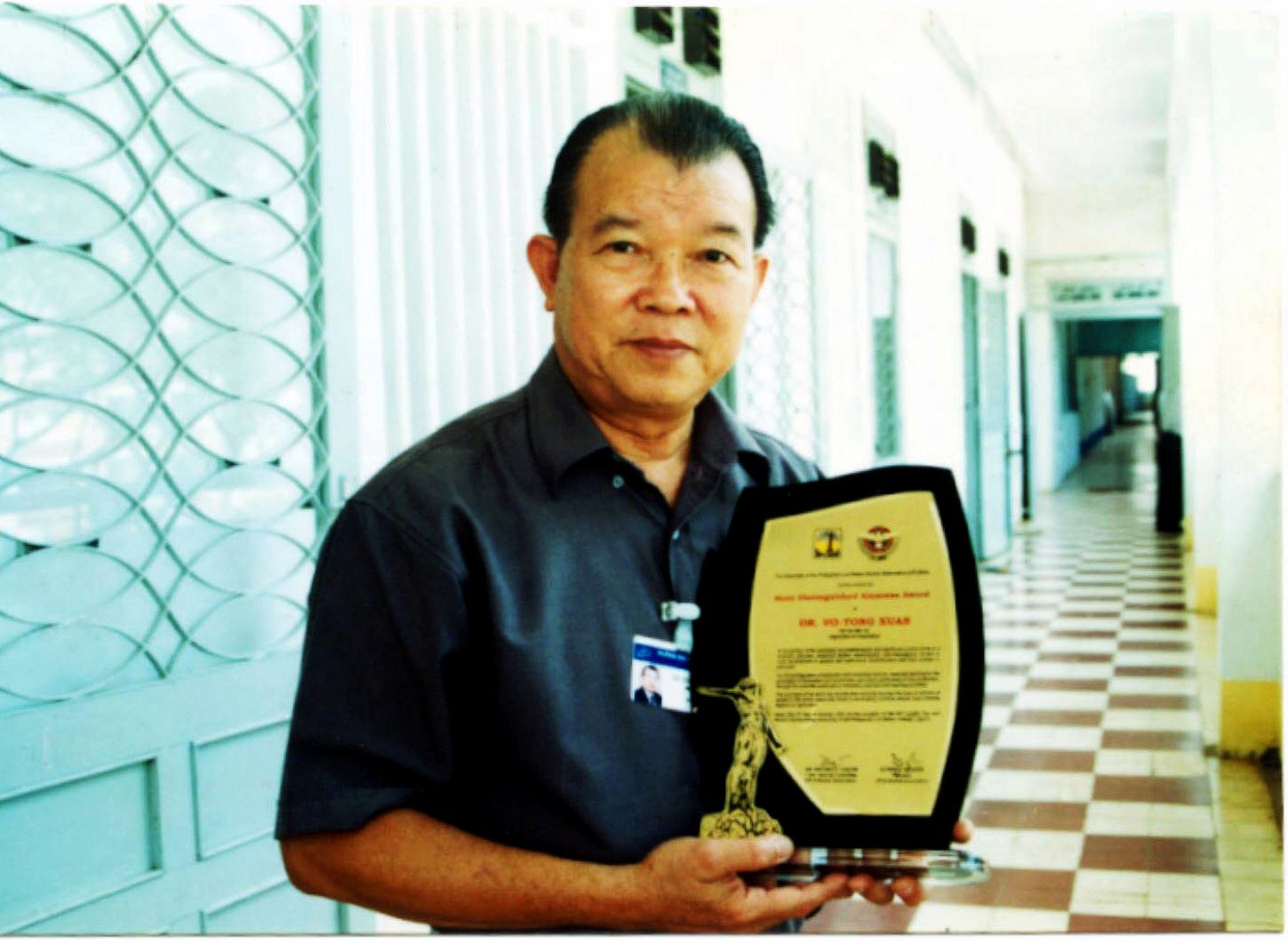
Before joining the army, he graduated from Texas A&M University with two degrees in agricultural science and journalism. In June 1969, Mr. Tom was transferred to Vietnam as a lieutenant. This is also the milestone that caused Mr. Tom to suffer from depression called "Vietnam syndrome".
When he arrived in Vietnam, Mr. Tom was stationed in Chuong Thien (later Hau Giang). At this time, the United States Agency for International Development (USAID) hired an agricultural engineer Joe One (Philippines) to support Mr. Tom in distributing IR5, IR8 rice seeds and training farmers.
However, this was a area that was often occupied by fighting between revolutionary forces and the army of the Republic of Vietnam. Every time a battle occurs, Mr. Tom witnesses the deadly scene with his own eyes...
In 1970, returning to the US, Mr. Tom left the army, studied for a doctorate and started working at the IRRI Institute in 1973. However, always carrying a deadly obsession... Mr. Tom suffered from depression.
When Susan - Mr. Tom's wife - asked him to help him get rid of depression, Professor Xuan advised him to go to Vietnam once to "see, hear" the skin changes in Vietnam... and possibly get rid of depression.
This is a bold move, because at this time, Vietnam has just started the renovation process, while Mr. Tom is still burdened with haunt. Knowing that it was difficult, Professor Xuan did not give up.
In the next working session, Professor Xuan took the opportunity to meet Mr. IRRI General Director in person, then presented his wishes and proposed support for Tom to go to Vietnam under the name of "receiving the development of IRRI's rice varieties". So in 1988, Mr. Tom returned to Vietnam.
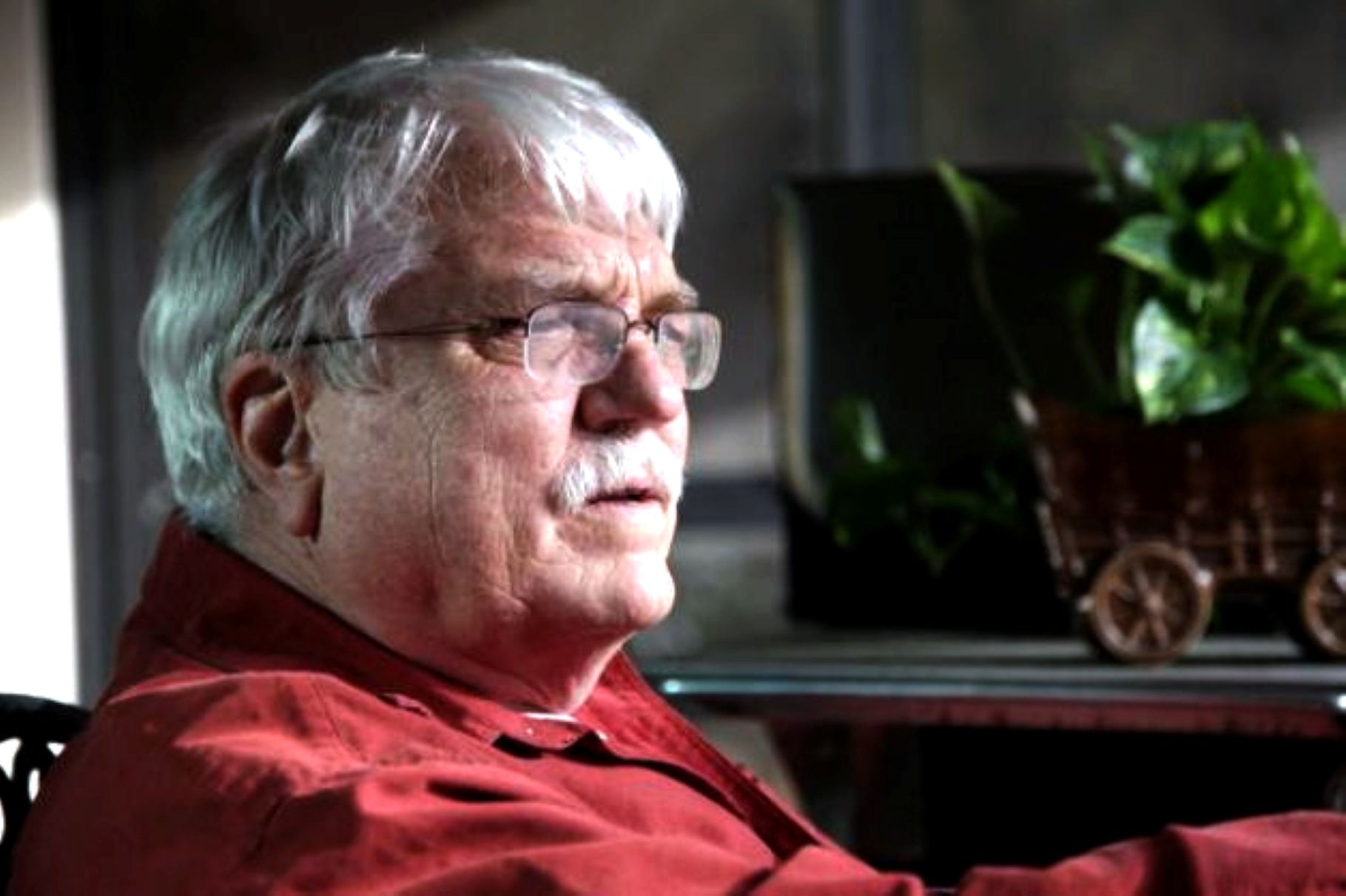
When personally guided by Mr. Tu Rang - Vice Chairman of Long My District People's Committee (Hau Giang) to meet Mr. Ba Lien, a person that Mr. Tom knew when stationed here, Dr. Tom was very surprised to learn that Mr. Lien was the uncle of Mr. Tu Rang - who was the commander of the revolutionary guards in this area.
When Mr. Tom asked Mr. Tu Rang why many of my American advisors were shot dead while stationed here, but I was still safe, Mr. Tu Rang honestly said: "Because we know you only care about helping farmers here grow rice".
After listening, Mr. Tom cried because he was so moved. And many days later, when visiting key rice areas in the West, Mr. Tom continued to express his gratitude for the treatment of local Vietnamese leaders in the spirit of "closing the past to a brighter future".
The gift of "Farm God"
After that trip, Mr. Tom appeared transformed, excited, and had a radiant face. He re-wrote and published the book A Dragon lives forever: War and Rice in Vietnams Mekong Delta 1969-1991, and beyond. In particular, Professor Xuan is seen as a favor and paid more attention to farmers in the Mekong Delta, such as: donating more books to agricultural libraries, taking advantage of international funding to print agricultural promotion books for Vietnam... Especially the donation of IR 50404 rice variety.
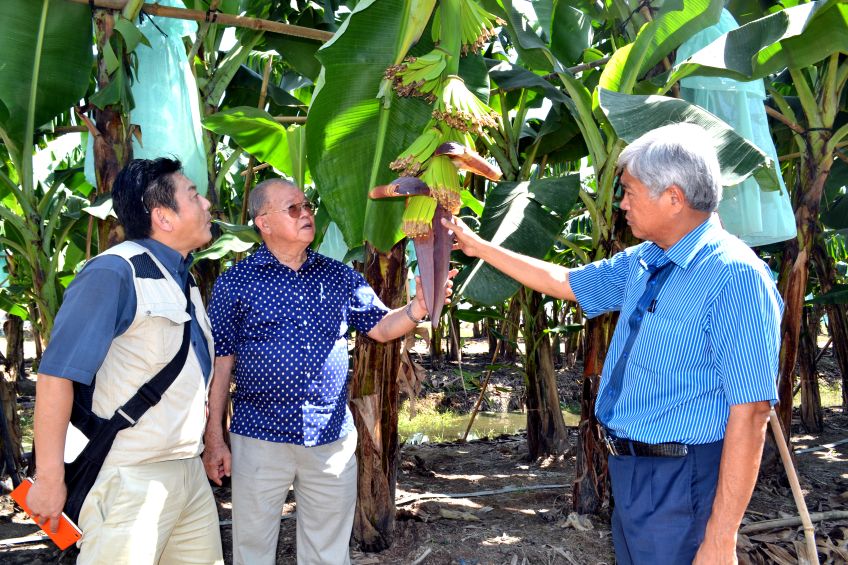
Through Professor Xuan, known for its wide range of adaptations on many hard, silt, saline, and lightly cared soil, giving good productivity, the IR50404 rice variety is very suitable for Mekong Delta conditions, Tom immediately gave 20kg of the variety. This is considered a milestone to open a new journey on the Mekong Delta's high-yield rice fields in the context of low on-site science and technology transfer. And this rice variety is an important link for Vietnam to rise up to create a world miracle: from a country lacking food after the first years of national reunification, it quickly rose to become a rice exporting country in 1989 and became a global rice power...
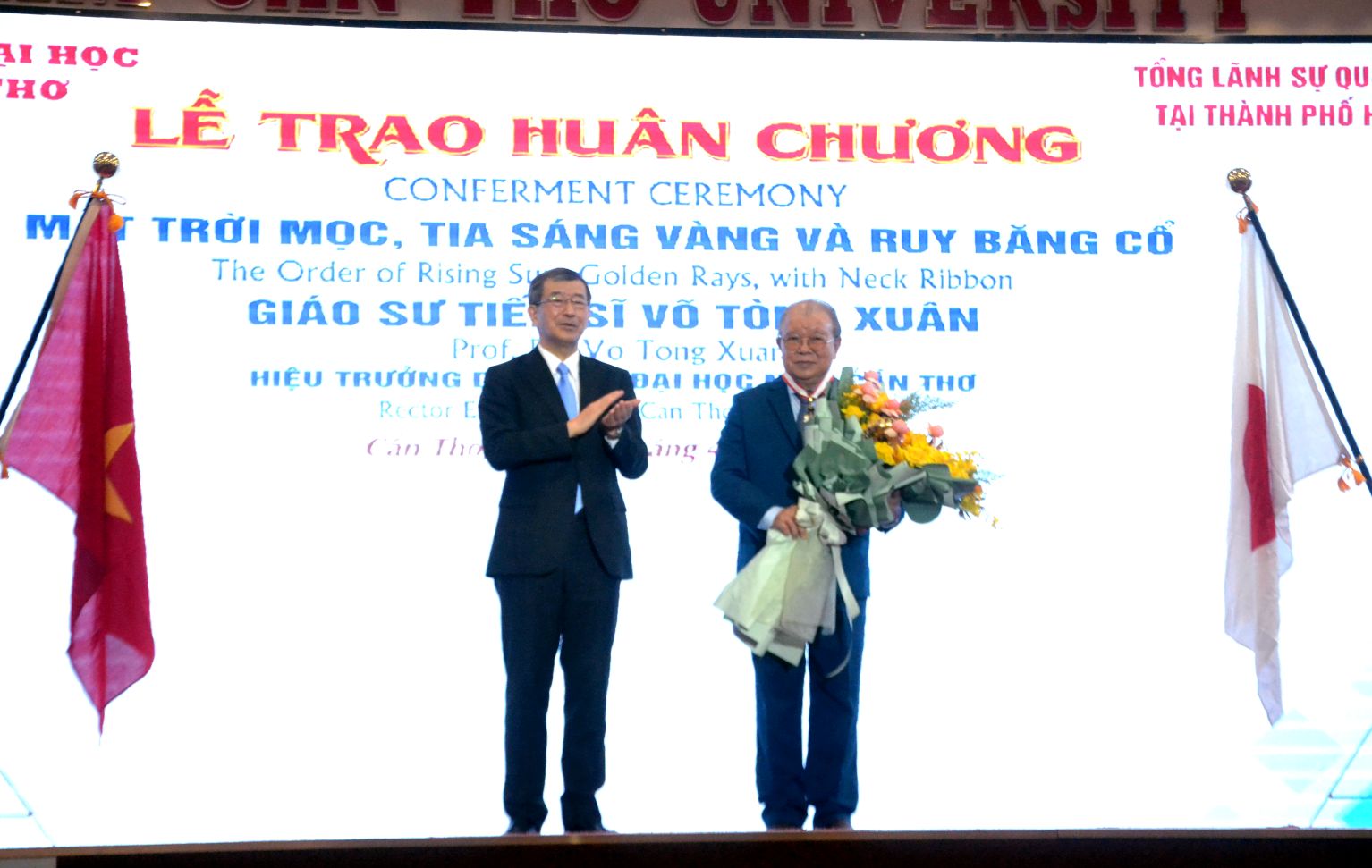
Moreover, in response to the generosity of the Vietnamese people, Mr. Thomas Hargroves also organized a book compilation Damages in Tropical Rice fields and mobilized funds to print 160,000 Vietnamese copies to give to farmers in many localities across the country. And it was Professor Xuan who organized the translation of this book into Vietnamese. With 158 color photos, the book helps many farmers easily recognize rice-vestering insects without requiring too much literature. It is not only a gift, but also a heartfelt pray for the kindness of journalists from the US to farmers in the Mekong Delta, for which Professor Xuan was the founder.





